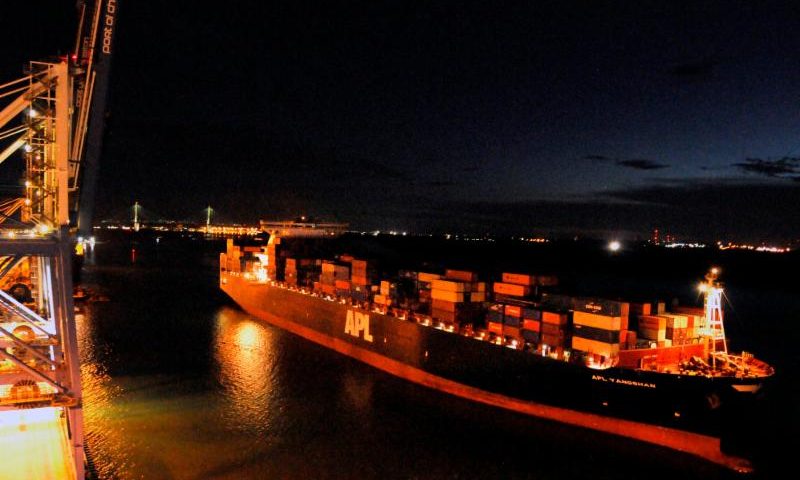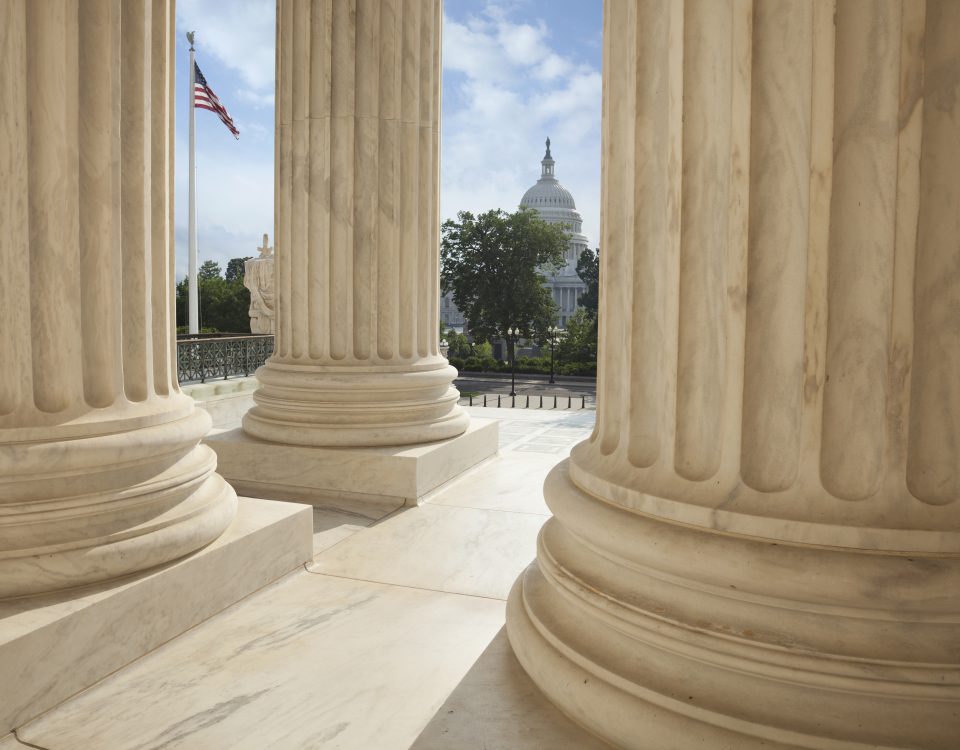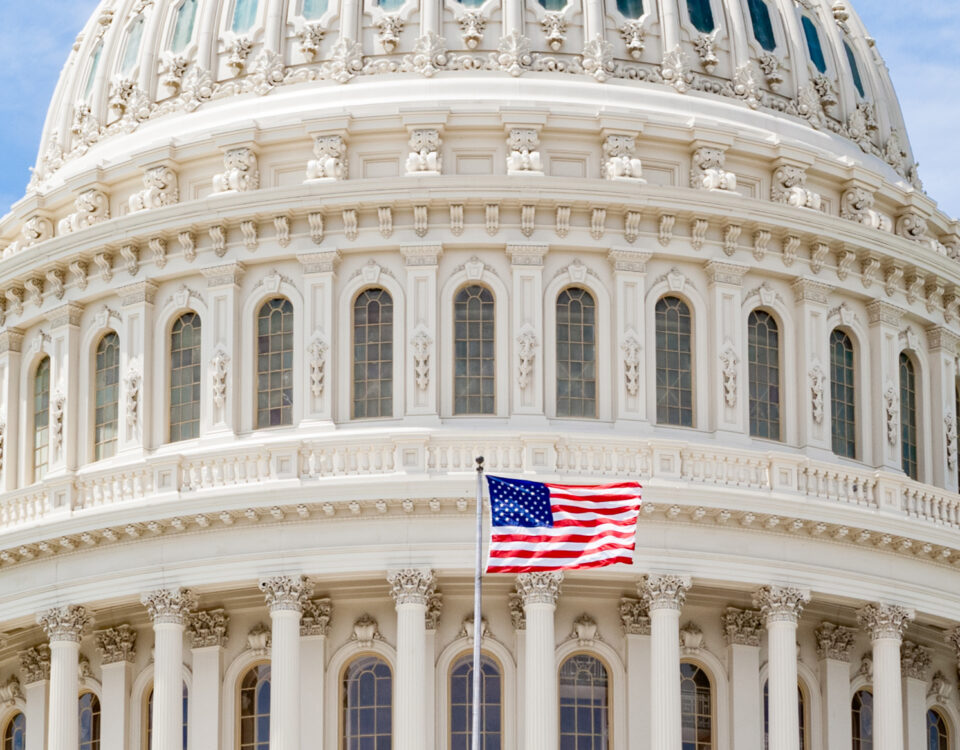
The Friday 5
July 14, 2017
State Alphabet Soup
July 19, 2017Don’t Pull the Upstate’s Emergency Brake

The Takeaway: |
|
|---|---|
| International trade is essential for the Upstate. The EU-Japan deal shows the world will move ahead without us. | |
Japan and the European Union recently announced a free trade agreement that would remove tariffs from nearly all goods and barriers to trade between the second and fourth largest economies in the world.
This sends a major message to the United States and the Upstate: The world will continue to expand trade even as our national politicians become hostile to the idea. President Trump pulled out of the Trans-Pacific Partnership (TPP) and stopped negotiating with the EU on the Transatlantic Trade and Investment Partnership (T-TIP).
(The Upstate Chamber Coalition is broadly supportive of promoting international trade, but we had not taken a position on TPP or T-TIP. We strongly supported the Export-Import Bank reauthorization in 2015.)
If we had ratified TPP, South Carolina exporters would have the same access to the Japanese market that businesses in the European Union will soon enjoy. Not to mention the fact that in the absence of the US in the TPP, China has moved in to fill the void. Trade with TPP countries supported 219,400 jobs in our state and we exported $8.8 billion worth of goods in 2014. In addition, 210 companies in TPP countries have investments or subsidiaries in South Carolina. Those numbers have grown substantially in the past decade.
As it stands, the Upstate’s total value of exports is valued at nearly $15 billion, and trade supports more than 64,000 jobs. The value of our exports has grown 65 percent since 2003, according to the Upstate Alliance. Trade is vital to the ongoing expansion of our local economy.
The bi-lateral trade deals that President Trump supports (instead of multi-lateral deals such as TPP, NAFTA, or T-TIP) fit into his mercantilist worldview, however, they don’t fit into the reality of global supply chains.
A recent Wall Street Journal editorial on the issue said: “While other countries’ firms will benefit from new multilateral rules, U.S. companies will have to navigate what Columbia University economist Jagdish Bhagwati calls a ‘spaghetti bowl’ of rules under bilateral agreements.”
If we abdicate our role in trade leadership – something that has been a cornerstone of our economic policy since the Great Depression – that leadership will fall to the European Union, China, or other countries, and our economy will be in a permanent state of catch-up as we struggle to ink a labyrinth of bi-lateral deals. That spells red tape and trouble for our local economy. Our exporters will potentially have to pay more for raw materials imported from Europe and Asia, and then face higher trade barriers when selling those products back to those countries. That will cost Upstate families jobs and reduce household incomes.
For 30 years, the Upstate has led an American renaissance in manufacturing, and we’ve reaped the benefits with unemployment reaching historic lows. We’re driving forward, but the trade protectionism championed by populist elements in our national government threaten to yank on the emergency brake.



